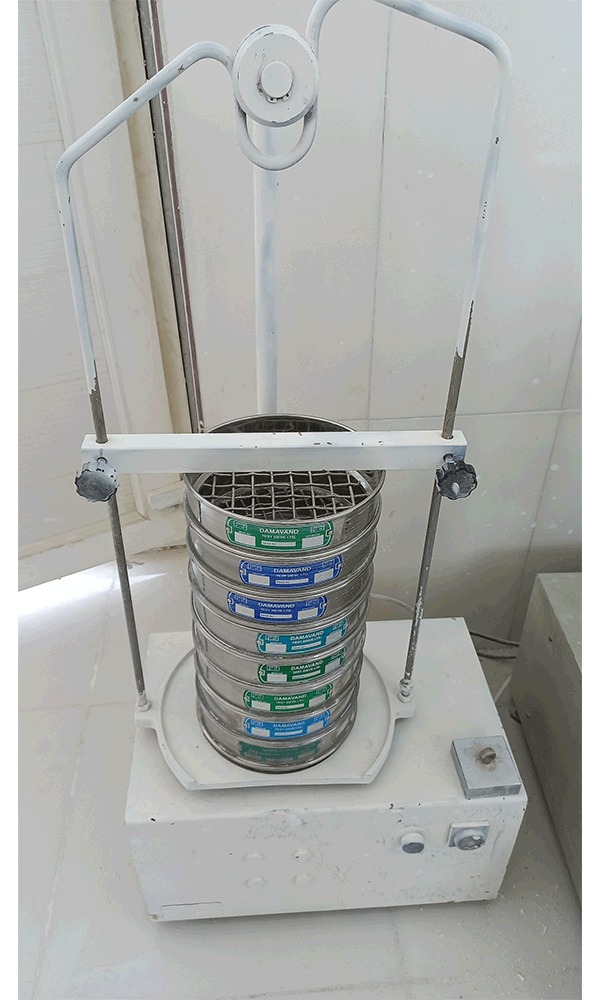Different Plaster gradation
Different types of plaster with different gradation are used in a wide variety of applications that have mesh sizes tailored to their application. From sculpture and building decorations to building blocks and rigid plaster bricks. What determines the application of any type of this material is the grading or mesh of plaster. Higher purity and mesh create soft and ductile plaster that can easily be used for delicate decorations and plasterwork, and lower mesh or larger gradation makes it suitable for heavy-duty tasks.
The term mesh is used to describe the size of the particles. In some cases, such as gypsum, a number is used to express the gradation, which does not mean that each particle in the product is in that size, but it shows the average size of the mesh. In other cases, two numbers might be used to express the mesh, indicating the product mesh is in the range between two numbers.
In summary, mesh or gradation is a unit for measuring particle size, which is often used in determining the particle size distribution of materials in the form of powder or granules. For example, in the plastering industry, it is used to determine the type of this material and its applications. To facilitate the methods of grading and mesh testing, several standard mesh series have been created.
In the past, the size of the meshes was given based on the number of holes per inch, which was not pretty accurate due to including the thickness of the wires in the size of the mesh. Therefore, different gradation systems that differ slightly in the size of their meshes, may still have an equal number of them. The larger the mesh of it, the finer the gradation is. For instance, the micronized plaster with a mesh of 100 has more coarse gradation than the super micronized one with a mesh of 200.

Micronized plaster
Micronized plaster mesh is usually very high and reaches about 100. It can be produced with the help of a separator device. With this machine plaster particles that do not yet have enough mesh can be returned to the production line to be milled to the desired size. This makes it easy to produce this material with very high meshes by adjusting the device settings. Micronized plaster is used for drywalls and covering ceilings, walls, and columns. It can also be used for sculpture and delicate decorations.
Super micronized plaster
Super micronized plaster has a mesh of 200 and is much softer than micronized one. This plaster does not require any sifting before use. This purity prevents it from cracking after drying. Due to its high mesh, super micronized plaster has a considerable whiteness which is not often seen with other types. Also, due to the high softness, it is very ductile and can smooth and polish the surface of the wall.
